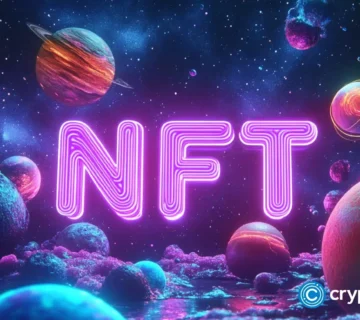Disclosure: The views and opinions expressed here belong solely to the author and do not represent the views and opinions of crypto.news’ editorial.
Believe it or not, DeFi has a transparency problem. Transparency is one of the cornerstones of decentralized finance, but radical transparency also comes with unintended costs. While it may be fine for pseudonymous retail users, it creates strategic friction for capital allocators, institutional players, and protocol builders.
Summary
- Transparency has hidden costs: In DeFi, wallet doxxing, alpha leakage, and MEV extraction turn “openness” into a disadvantage, compromising privacy, safety, and competitiveness.
- Unfair market dynamics: Public mempools enable frontrunning and sandwiching, with bots extracting over $1.9B in MEV on Ethereum — an invisible tax on users.
- Privacy ≠ secrecy: True privacy creates fairer markets by protecting strategies while keeping outcomes verifiable. It’s about efficiency, not opacity.
- Zero-knowledge proofs unlock balance: ZKPs enable compliance checks, proof-of-liquidity, and private execution without exposing wallets, strategies, or counterparties.
- The future is programmable privacy: To attract institutions, DeFi must integrate privacy-first infrastructure that balances regulation, efficiency, and confidentiality.
There is such a thing as too much transparency. Even beyond privacy concerns, DeFi’s current default to pseudonymous transactions is not the right infrastructure for many of these participants. Wallet doxxing, alpha leakage, and MEV are direct consequences of a system where your every move is public before it’s final.
DeFi needs to move towards an approach where it can carefully balance transparency with privacy that promotes market efficiency.
The hidden costs of transparent markets
On public blockchains, every transaction, strategy, and wallet can be tracked in real time. That includes large positions, fund flows, and arbitrage routes. This creates a new playing field for market participants that leads to scenarios that never ex
Go to Source to See Full Article
Author: Guest Post








